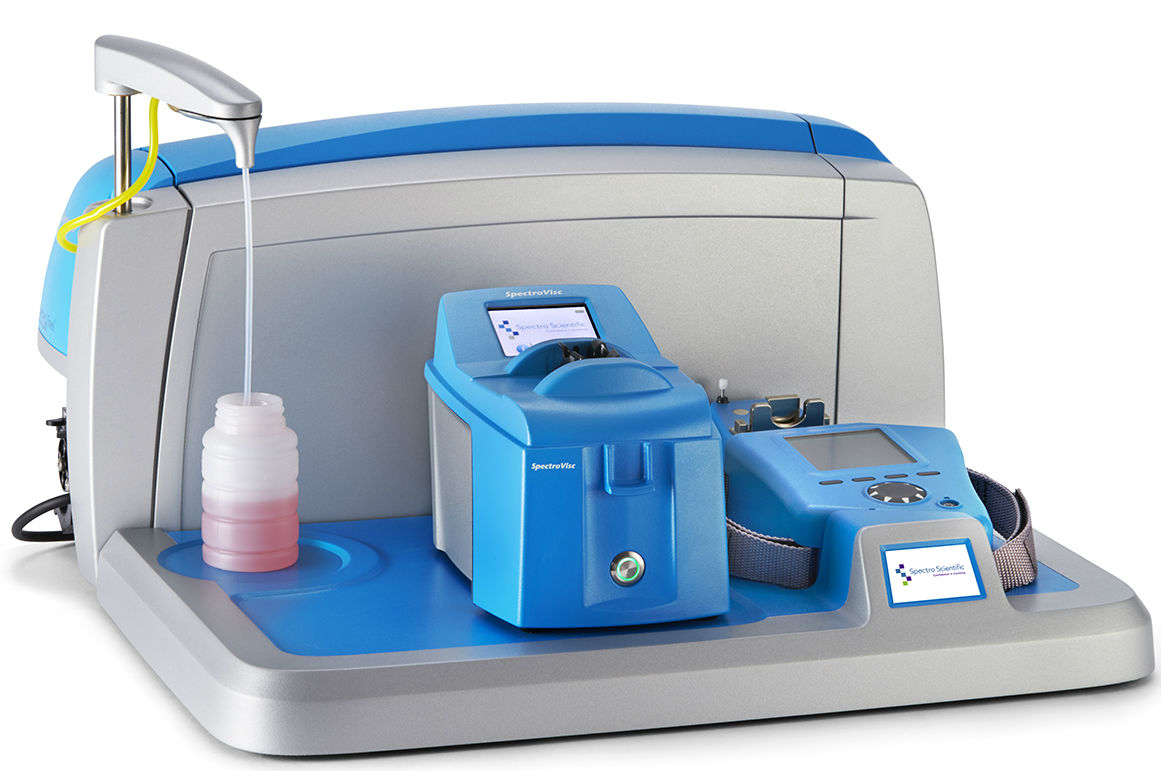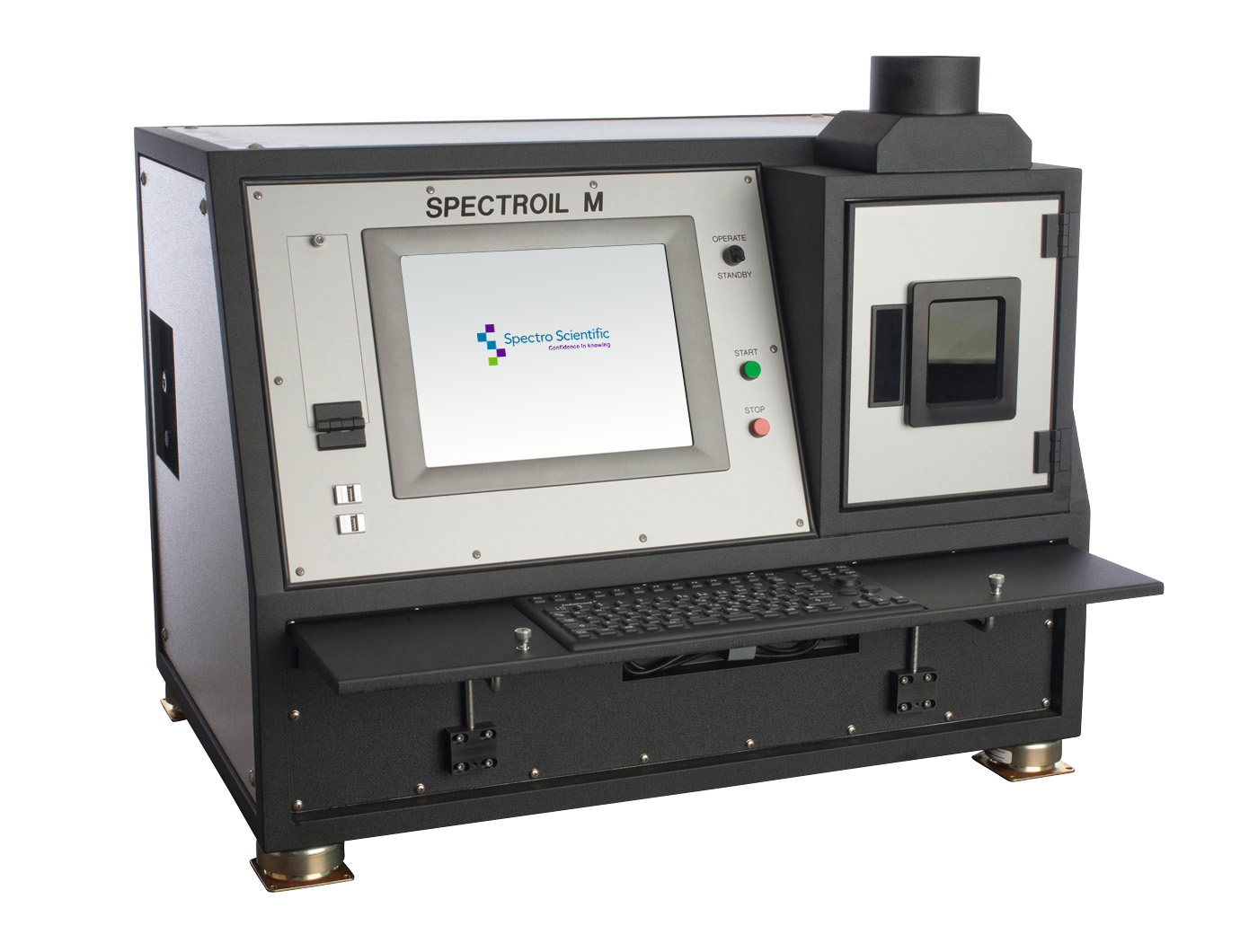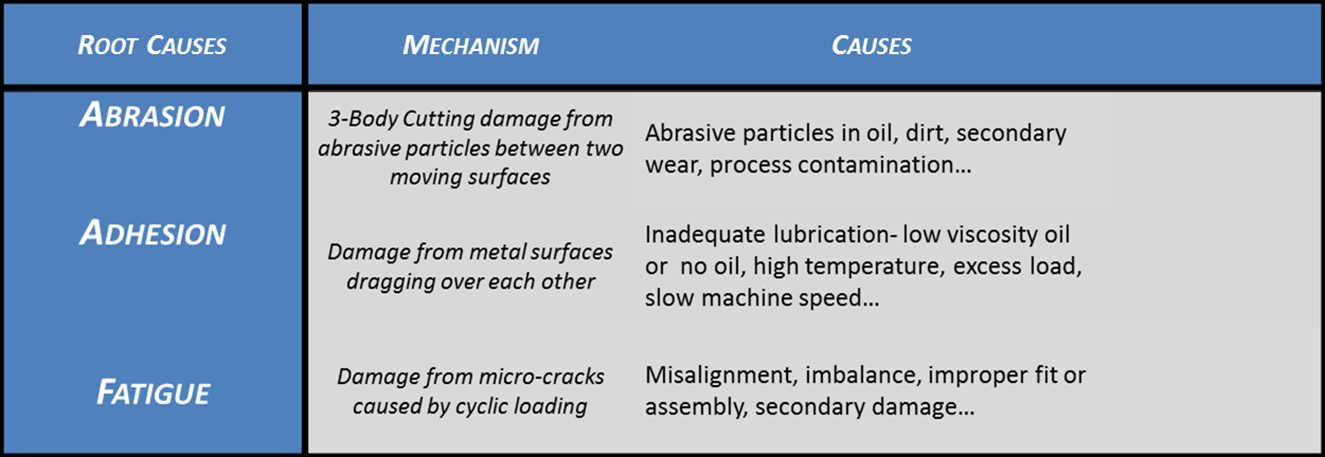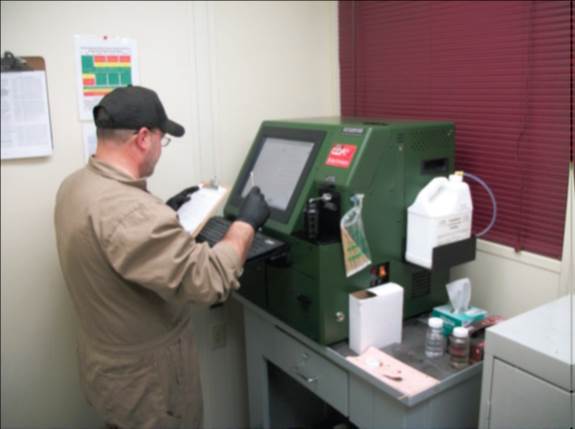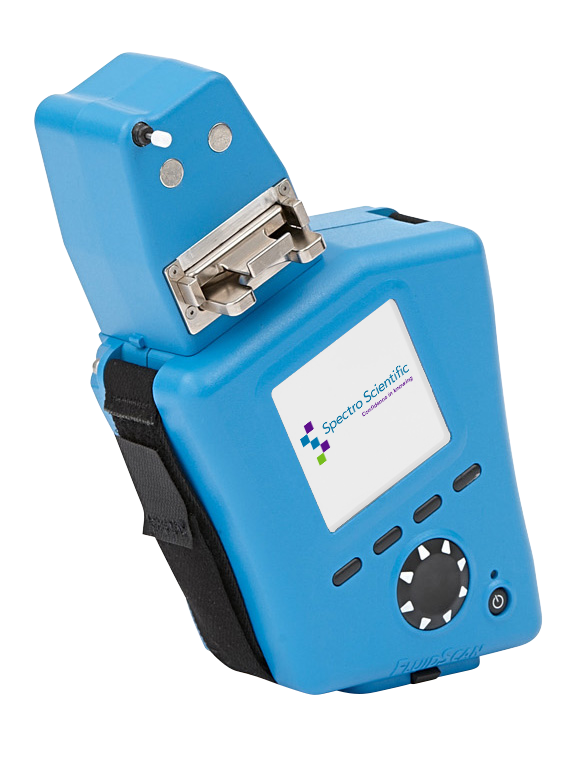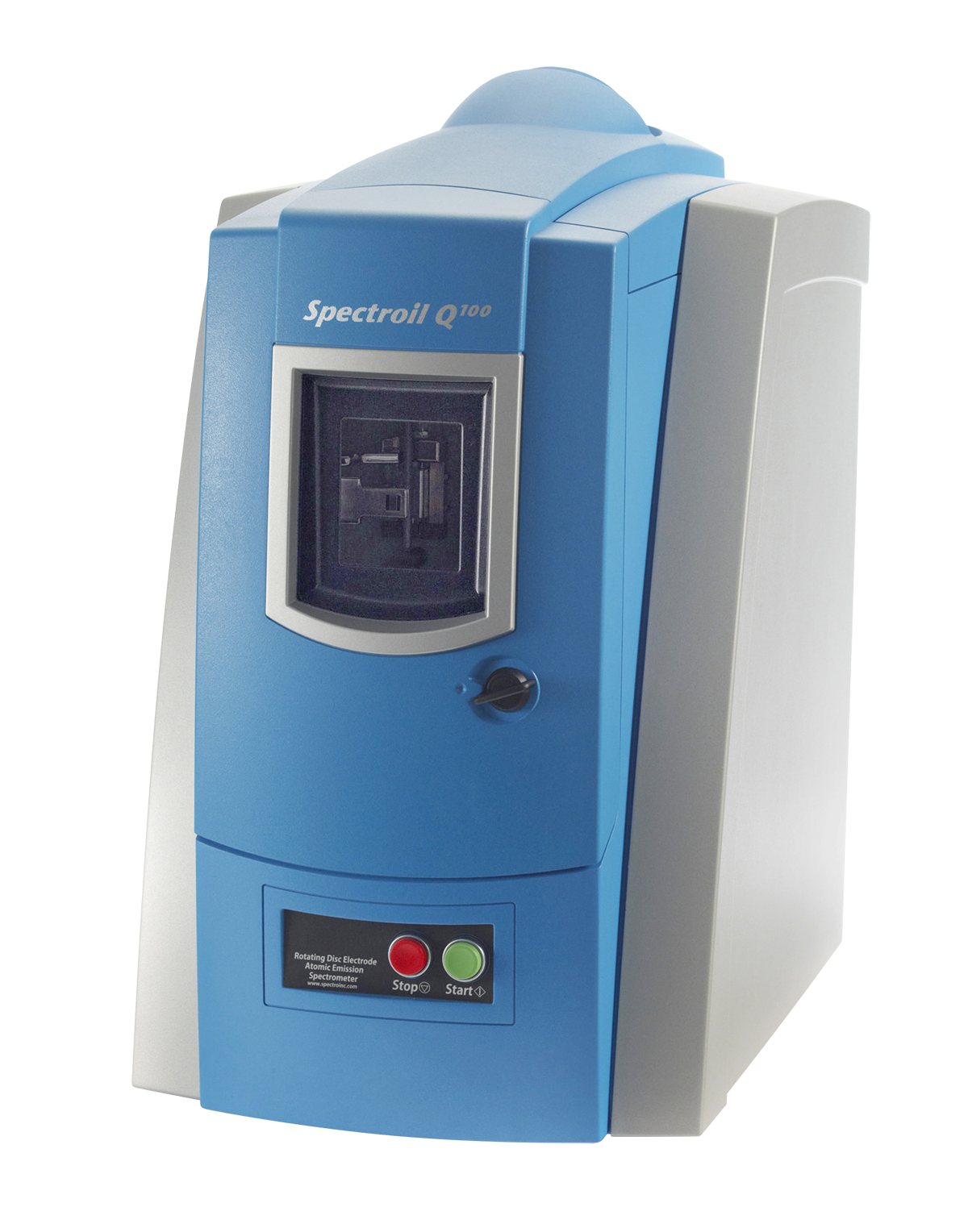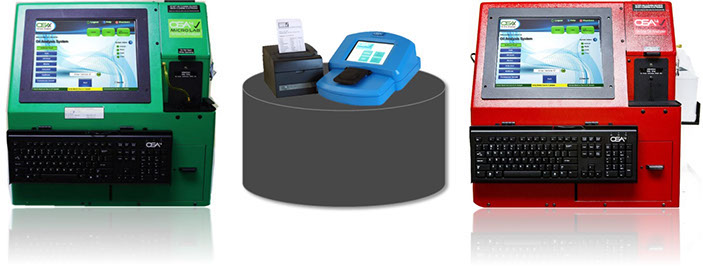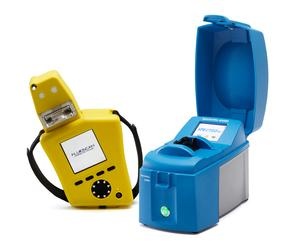In-service oil analysis equipment monitors the status of lubricants for optimal performance. These instruments alert operators to potential problems before they develop.
Portable and Cost-effective Machine Condition Monitoring for the Military
Readiness is key for a military force. People and equipment need to be ready at a moment's notice for whatever mission is likely to arise, from combat to natural disasters to humanitarian missions. System failures simply can't be tolerated. Compact and portable machine condition monitoring equipment allows the military to ensure that its vehicles and machinery remain in ideal working condition.
INTRODUCTION:
We have all heard the saying, “Oil and water don’t mix.” Unfortunately that doesn’t necessarily apply to lubrication oils. Water can exist in several states in lubrication oils and can do quite a bit of damage to valuable assets if left unchecked. In this guide we explore the challenges posed by water in lubrication oils and discuss the methods available to reliability professionals for measuring water in oil.
Water contamination in industrial oils can cause severe issues with machinery components. The presence of water can alter the viscosity of a lubricant as well as cause chemical changes resulting in additive depletion and the formation of acids, sludge, and varnish. Water testing is always a part of any lubricant condition monitoring program. Water contamination in industrial oils with strong water separation properties has been historically difficult to measure with any technique.
While it is true that all machines eventually wear out, proper maintenance and care can improve machinery health and longevity. This is particularly true with regard to the two most common types of machine degradation: corrosion and wear.
Revolutionize Wear Particle Analysis for Predictive Maintenance
Understanding and trending machine wear is critical for predictive maintenance. Oil analysis is the best routine non-destructive technology (NDT) for detecting surface wear on a wide array of oil lubricated machines like engines, turbines, gearboxes, motors, and compressors. To make an accurate assessment of potential failures, mechanics like to know where the wear debris is coming from, what is causing the wear and how severe it is. The parameters measured using oil analysis that provide those clues are: wear material, particle shape, particle size, and quantity of debris. Knowing what material the debris is made from allows you to trace its origin back t
Kitsap Transit is a public transportation agency, based in Bremerton, Washington and serving the county of Kitsap, which operates routed bus service, foot ferry service and service for elderly and disabled passengers. The agency has long been concerned with preventing engine failures and optimizing maintenance schedules for its fleet of approximately 362 pieces of equipment including transit buses, cutaway small buses, vans and three passenger only ferries.
Enable your service team with a portable oil analyzer
It is not an easy task to accurately assess the condition of lubricating oil after a sample has been taken from your machinery. Such timely information is critical in helping service engineers to identify potential problems and to plan appropriate maintenance actions. Lubricant condition can be expressed in terms of oil degradation and contamination and they differ in reciprocal engines (off and on highway truck fleet, automotive fleet, marine vessel fleets) and in rotating machines (commonly used in industrial manufacturing plants). These difference are summarized in the table below
Topics: Industrial
Introduction
Synthetic Polyol Ester fluids are the fluids of choice to lubricate aircraft gas turbine engines used in commercial and military service requiring MIL-PRF-23699F-STD level performance. It also is used for aircraft-type gas turbine engines in industrial or marine service applications.
With the recent acquisition of On-Site Analysis (OSA), Spectro is pleased to add the following products to our family of condition based monitoring solutions. OSA excels in the development and manufacture of advanced fluids analysis hardware and software technologies, primarily for on-premise coolant, oil and lubrication testing for municipal and commercial fleet vehicles.
If you are at sea for weeks or months at a time, it is not practical to send oil samples to a third party laboratory. Waiting until you reach port is not an ideal solution, as machine condition and oil condition can change dramatically while out at sea. Oil test kits containing volatile and corrosive chemicals are difficult to manage and create hazardous waste, which must be stored and disposed of properly. Portable, solvent-free, intuitive oil analyzers are the ideal solution for maintaining marine fleets in prime operating condition. This article written by Daniel Walsh, Director of Product Management, describes some new options available to marine fleet maintenance personnel.

